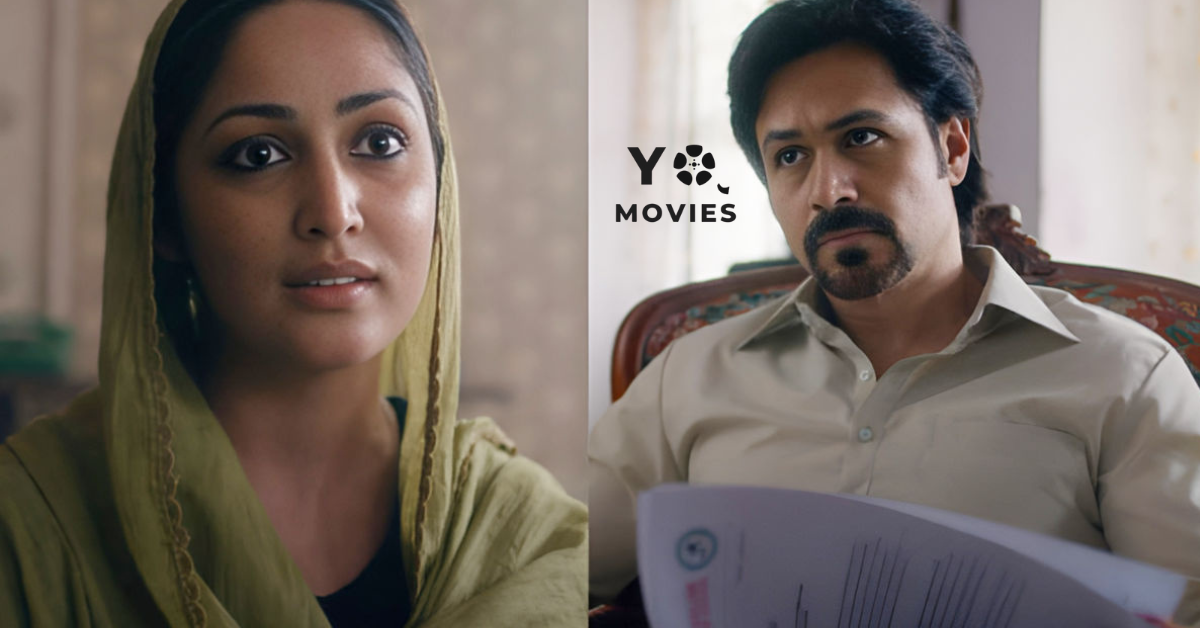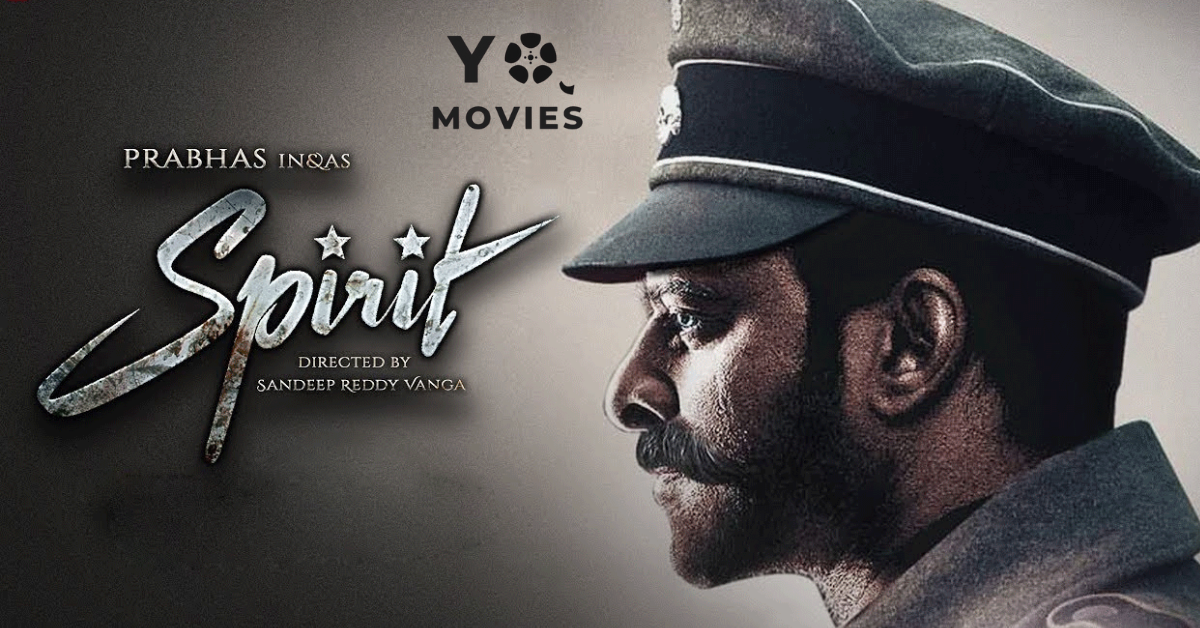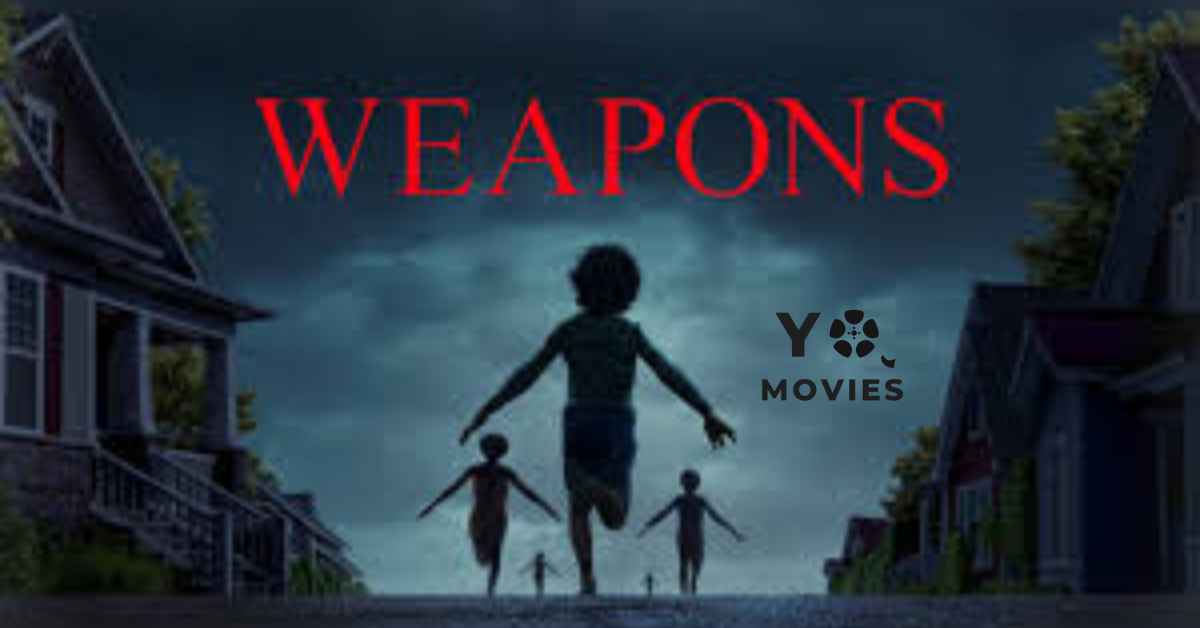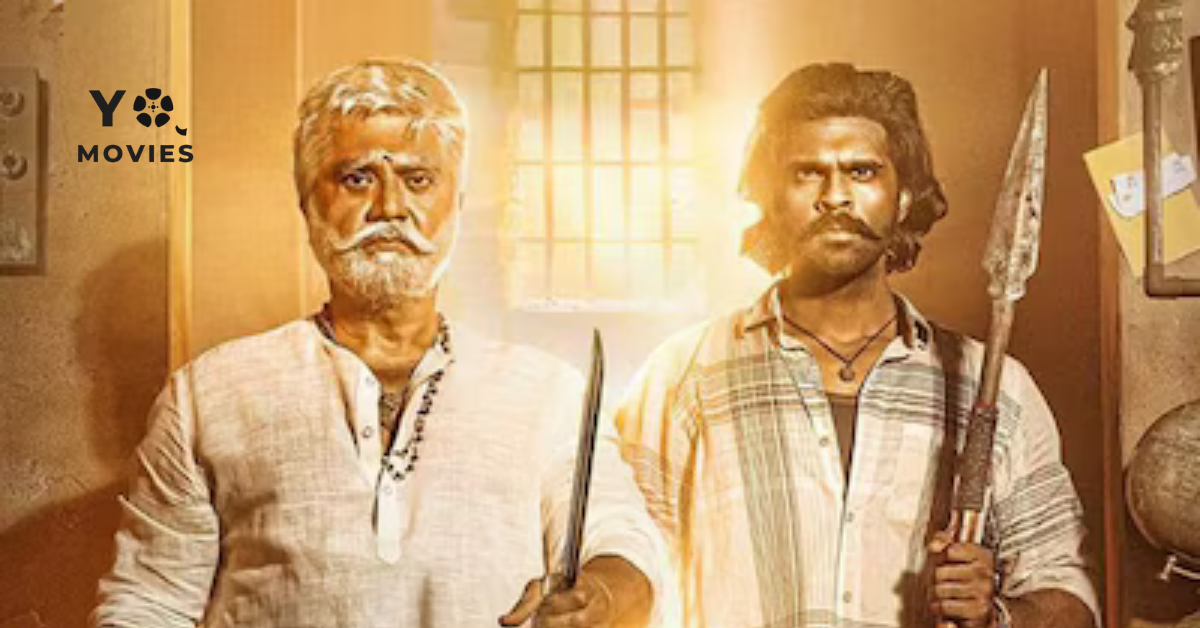Introduction & Premise
HAQ (2025) is a courtroom-social drama directed by Suparn Varma and produced by Junglee Pictures along with associated studios. The film is set for release on 7 November 2025.
The narrative is inspired by the landmark Supreme Court judgment in the Mohd. Ahmed Khan vs. Shah Bano Begum case of 1985, which remains one of India’s most significant legal battles dealing with women’s rights, personal law, and equality under Section 125 of the CrPC.
In HAQ, Shazia Bano (played by Yami Gautam) takes her husband Abbas (played by Emraan Hashmi) to court after he abandons her and their children. This personal conflict evolves into a national debate over faith, women’s rights, and justice.
Cast & Crew
Director & Writers
- Director: Suparn Varma (known for previous works in digital / dramatic projects)
- Writer (Story / Screenplay): The film is written by Reshu Nath
- Music / Background Score: Music by Vishal Mishra, background score by Sandeep Chowta
Cast
- Yami Gautam Dhar as Shazia Bano, the central female protagonist who fights for her rights in court.
- Emraan Hashmi as Abbas, her husband / the lawyer / opposing party in the court proceedings.
- Sheeba Chaddha, Vartika Singh, Danish Husain, Aseem Hattangady in pivotal supporting roles.
- Also credited are other performers detailing roles in legal, familial, or religious contexts.
Production & Technical
- Producers: Harman Baweja, Vishal Gurnani, Vineet Jain, Juhi Parekh Mehta
- Banner: Junglee Pictures, Insomnia Films, Baweja Studios
- Cinematography: Pratham Mehta
- Editor: Ninad Khanolkar
- Costume / Production Design: Ashley Rebello, Sonam Singh (among contributors)
What HAQ Promises & Its Social Context
Drawing from the Shah Bano Legacy
The original Shah Bano case centered on a divorced Muslim woman seeking maintenance under Section 125 of the CrPC, despite opposition citing Muslim personal law. The Supreme Court sided with Shah Bano, setting a major precedent and sparking national debate on Uniform Civil Code (UCC).
HAQ reinvents this drama by fictionalizing names (Shazia Bano, Abbas) and constructing dramatized courtroom confrontations, personal conflicts, and moral drama. The teaser reveals this shift: what begins as marital strife is elevated to a constitutional battle.
The film’s narrative stakes are high: religion, gender equality, societal expectations, and legal rights all intersect in Shazia’s fight for Haq (which means “right” in Urdu/Hindi).
Tone & Structure (What the Teaser Suggests)
- The teaser presents a dual narrative: the personal relationship (marriage, abandonment) and the larger courtroom fight.
- Moments in the teaser show Shazia asserting her identity, asserting “I am an Indian Muslim woman,” which signals the film’s ambition beyond private conflict.
- The film appears to alternate between intimate moments (family, emotional stress) and high-stakes courtroom sequences.
Strengths & Expectations (Based on Available Material)
- Relevant & Timely Subject Matter
The topic continues to be socially relevant. Cases of women’s rights, divorce, maintenance, personal laws, and equality under law remain important in modern India. - Strong Lead Pairing
Yami Gautam has handled emotional and serious roles before; pairing her with Emraan Hashmi offers potential for intense dynamics. - Courtroom Drama Potential
If well scripted and directed, courtroom sequences can elevate the narrative. The legal arguments, moral dilemmas, cross-examinations, and witness testimonies offer cinematic tension. - Public & Media Interest
The controversy, historical basis, and teaser reveal will draw audiences curious about how close to truth the film stays and how bold its message will be.
Potential Challenges & Pitfalls
- Balancing Fiction vs Accuracy
Because it’s inspired by real events, tension arises: how much dramatic license vs factual integrity will the film take? If assertions are weakly supported, critics may accuse it of bias or sensationalism. - Tone Shifts
Shifting between emotional marital conflict and legal drama is delicate. A jarring transition or underwritten emotional anchor may hurt the audience’s engagement. - Supporting Character Depth
Legal dramas with central protagonists often suffer if supporting legal, social, or familial characters feel flat. Their motivations and conflicts must be real, not just placeholders. - Expectations vs Execution
Given the historical weight, audience expectations will be high. If the writing, direction, or performances don’t deliver impact, “potential” may overshadow reality.
What the Teaser & Early Buzz Indicate
- The teaser suggests the film begins with domestic conflict but quickly zooms into the courtroom, making the personal political.
- It teases Shazia’s resolve, public identity, and her moral voice, which implies the film won’t shy away from tough questions.
- The promotional material emphasizes justice, rights, religious identity, and social equality—positioning HAQ as more than just a romantic drama.
Verdict & What to Watch For
While HAQ isn’t released yet, here is a provisional verdict and checklist of what could determine its success:
Provisional Rating: 3.5 / 5 (Potential High Performer, Dependent on Execution)
What Could Help It Excel
- A powerful central performance by Yami Gautam, anchored in truth and gravitas
- Sharp legal writing, well-constructed courtroom arcs
- Character arcs for both protagonists and antagonists
- Balanced emotional intensity that doesn’t turn melodramatic
- Respectful yet bold treatment of faith, gender, and equality
What Could Hold It Back
- Overly dramatizing for effect at the cost of authenticity
- Shallow portrayal of legal complexities
- Imbalance between emotional scenes and courtroom sequences
- Underwritten support cast or unconvincing subplots
If HAQ manages to walk this tightrope well, it could become one of the notable social dramas of 2025—both compelling and conversation-generating.
For more socially relevant film reviews and updates, check out YoMovies.





Leave a Reply